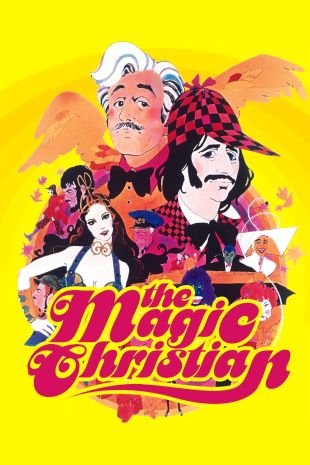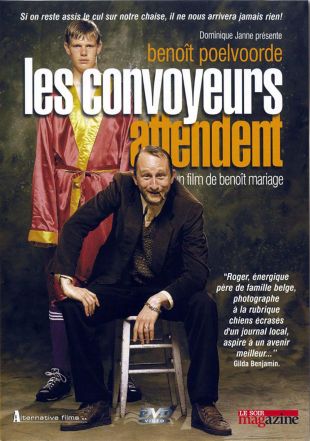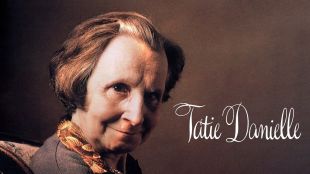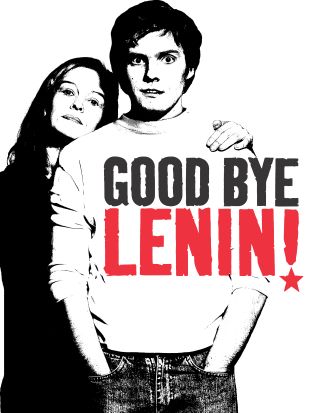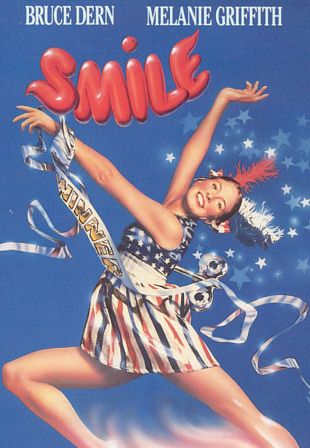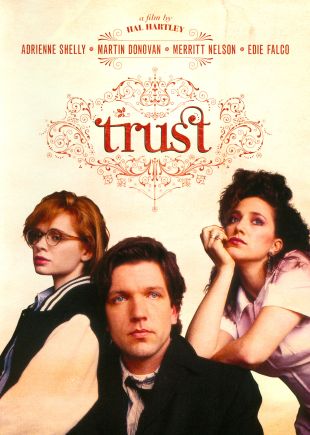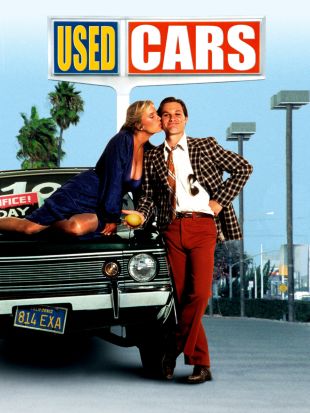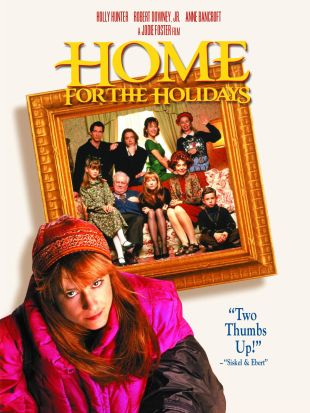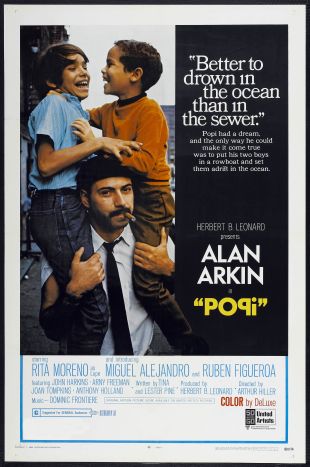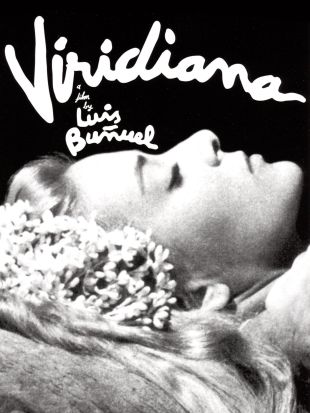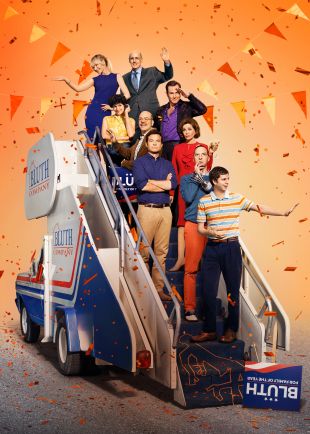
Arrested Development (2003)
Directed by Mitchell Hurwitz / Troy Miller / Joe Russo / Paul Feig
Genres - Comedy |
Sub-Genres - Sitcom [TV], Domestic Comedy, Satire |
Run Time - 30 min. |
Countries - United States |
Share on
Synopsis by Hal Erickson
Making its Fox network bow on November 2, 2003, the weekly, half-hour Arrested Development would seem to meet all the qualifications of a "cult favorite." It was smart, hip, and savagely funny; it developed a fiercely loyal circle of fans; it was almost universally beloved of the critical establishment; and it never drew a large audience, barely making a second and then a third season. Jason Bateman headed the cast as Michael Bluth, a thirtysomething widower with a likable 13-year-old son named George Michael (Michael Cera). The level-headed Michael was disdained as the "white sheep" of his highly dysfunctional family because he refused to luxuriate in the wealth accumulated by his business entrepreneur father, George Bluth Sr. (Jeffrey Tambor), who had built a small Newport Beach frozen-banana stand into a vast financial empire. Instead, Michael broke from tradition by actually going to work for a living, and by not giving in to the ostentatious self-indulgence practiced by the rest of the Bluth clan. But when George Sr. was thrown in jail on a charge of fraud, Michael was forced to return to Orange County, CA, to take charge of the family and the family business, both of which were bankrupt because all of his father's assets had been frozen.
Now it was Michael's unenviable task to instill financial responsibility -- not to mention responsibility, period -- in the rest of the Bluth family. These included Michael's snobbish, boozy, hyperjudgmental mother, Lucille (Jessica Walter), who resided in a posh Balboa Bay penthouse and to whom credit cards were life's blood. Also living in Lucille's digs was Michael's youngest brother, Buster (Tony Hale), a perennial graduate student helplessly tied to his mother's apron strings (Buster would later become even more ineffectual, and far more of a thorn in Michael's side, when he lost his hand in an accident and was forced to use an ill-fitting hook). Moving in with Michael until conditions improved (if ever!) were his twin sister, Lindsay (Portia de Rossi), a selfish, scatterbrained liberal activist; Lindsay's husband, Tobias Fünke (David Cross), a former doctor who'd lost his license after administering CPR to a man who didn't need it, and who was half-heartedly trying to break into the acting profession (Tobias was also a deeply closeted homosexual, a fact obvious to everyone but himself); and the couple's spoiled-rotten daughter, Mae, aka "Maeby" (Alia Shawkat), for whom Michael's son, George Michael, harbored a somewhat unnatural crush. And just when you thought that the Bluth family couldn't be any more screwed up, we submit for your approval oldest son George Oscar II, aka "Gob" (Will Arnett), a spectacularly inept stage magician who suffered from a bad case of foot-in-mouth disease and who never had a job -- except when, during Michael's absence in season two, he inexplicably became the darling of Bluth Inc.'s board of directors.
Arrested Development also boasted a large cast of semi-regulars, most prominently Henry Winkler as the Bluth family's lovable but dangerously incompetent lawyer, Barry Zuckerkorn; Liza Minnelli as Lucille Bluth's neighbor and chief social rival Lucille Austero, aka Lucille 2, who at one point entered into a ridiculously torrid romance with the very much younger Buster; Justin Lee as Annyong, a 14-year-old Korean orphan whom Lucille Bluth adopted just to spite Buster; Ed Begley Jr. as George Sr.'s unscrupulous business rival Stan Sitwell; and an unbilled Ron Howard (whose Imagine Entertainment company produced the series) as the series' omnipresent narrator, forever filling in plot gaps with vital information (signature phrase: "In fact...") -- and always several steps ahead of the thick-eared characters. It is virtually impossible to chronicle all of the series' off-the-wall dialogue and surrealistic sight gags; suffice to say that the decision to approach the material in a hand-held "documentary" fashion, and to dispense with the use of a laugh track, only served to emphasize the million and one absurdities. The consistency of the series' lofty quality can be attributed to the fact that its creator, Mitchell Hurwitz (a veteran of such sitcoms as The Golden Girls and The John Larroquette Show), devoted every ounce of his energy to Arrested Development, refusing to accept any other projects throughout the show's run. Arguably too smart for the room, Arrested Development never got the huge audience it deserved, though the devotion of its fans and its multitude of industry awards all but shamed Fox into renewing the series beyond its first and second season. At the risk of offending devotees of Seinfeld and The Honeymooners, there are millions who regard Arrested Development as one of the best comedy series to grace network TV.
Characteristics
Moods
Themes
Keywords
business, business-corruption, development, family-business, family-embarrassment, magnate, son
